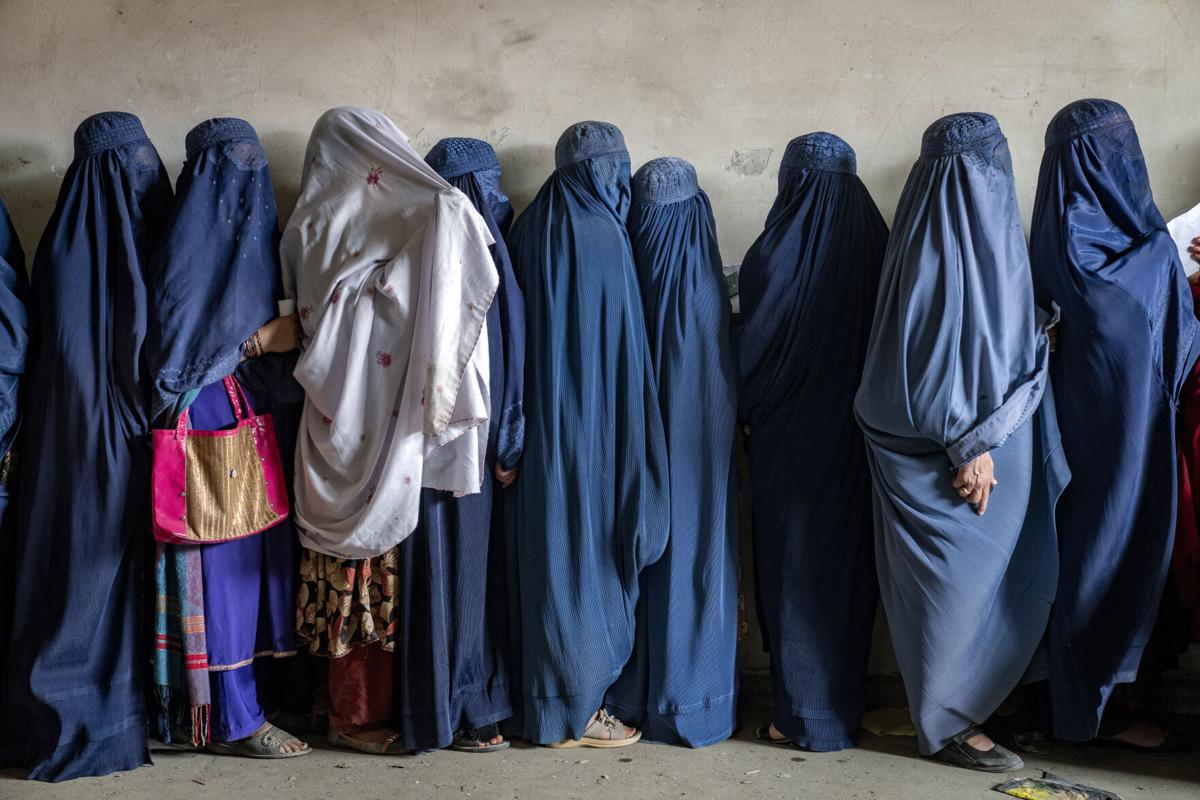UK (Parliament Politic Magazine) – Ever since the Taliban assumed power in Afghanistan, the situation in the country has been deteriorating steadily. Consequently, Afghanistan has experienced a significant setback. A recent report reveals that Official Development Assistance (ODA) has reduced humanitarian aid to Afghanistan by a staggering 59 percent.
This distressing information was brought to the attention of the UK Parliament on Saturday. The statement highlights the findings of the Equality Impact Assessment, shedding light on the dire consequences faced by some of the world’s most impoverished nations, currently grappling with one of the most severe humanitarian crises.
Reduced Lifeline: UK Slashes Aid to Afghanistan
The UK Parliament has released a statement outlining the FCDO Equality Impact Assessment, which was presented to ministers earlier this year. This assessment played a crucial role in guiding their decisions regarding the allocation of substantial cuts to the Official Development Assistance budget for the year 2023-24. The International Development Committee has taken the responsibility of publishing this assessment. According to the statement:
“The Equality Impact Assessment sets out what this means in reality for some of the poorest countries in the world, experiencing the worst humanitarian crises: Yemen saw its UK ODA allocation cut by 45%; Afghanistan by an incredible 76%.”
It is further revealed: “The FCDO sought to mitigate these cuts but was only able to offer limited additional support. For Afghanistan, this still resulted in a 59% cut.”
Yemen, in particular, witnessed a staggering 45 percent reduction in the United Kingdom’s Official Development Assistance (ODA) allocation, while Afghanistan suffered an alarming 76 percent cut.
Nevertheless, the Foreign, Commonwealth & Development Office (FCDO) has actively pursued measures to mitigate these deductions. Despite their efforts, Afghanistan still faces a significant reduction of 59 percent, as reported by local media outlets.
Concerns Raised by Female Doctors
The report highlights the concerns raised by female doctors in Afghanistan regarding the potential increase in maternal mortality due to aid cuts. Dr. Najmul Sama Shafazo emphasized the importance of the World Health Organization (WHO) and other organizations actively involved in supporting women and children to not overlook this issue. These organizations must seek international assistance to address the pressing challenges. According to the doctor:
“In this regard, the WHO should not be negligent. Also, other organizations which are active with help for women and children should not be negligent about it and there is a need for international aid to be attracted’’.
It is crucial to note that since the Taliban assumed control of Afghanistan in August 2021, the situation in the country, particularly for women, has significantly deteriorated, leading to a severe humanitarian crisis. The Afghan people are grappling with food and infrastructure shortages, exacerbating the already dire circumstances faced by women in the nation.
The recent reduction in aid to Afghanistan has occurred nearly three months after the Taliban imposed a ban on Afghan women working for non-governmental organizations (NGOs).
Read More: BVI Delegation Visits UK Parliament To Build Strong Relations
Problems Arising for Afghanistan
Save the Children has successfully resumed a substantial portion of its programming, including the affected projects. This progress has been made possible due to the receipt of clear and reliable assurances from the relevant authorities. These assurances guarantee the safety of our female staff and ensure they can carry out their work without any hindrance or obstruction.
The program, referred to as Supporting Afghanistan’s Basic Services (SABS), commenced receiving funding in December 2022. Its primary objective is to facilitate families in accessing essential healthcare, nutrition, and education services across eight provinces in Afghanistan, with a specific emphasis on empowering women and girls.
However, shortly after the United Kingdom’s funding initiation, Save the Children received disheartening news of a significant reduction in funding. To compound matters, a few weeks later, they were informed that the funding would cease altogether.
Initially, the aid agency was assured £7 million to implement the program in Afghanistan, but it will now only receive slightly over £1 million. The project was originally designed to run until December 2023, but there is a possibility that it may conclude this month, a staggering nine months earlier than anticipated. This abrupt change has left Save the Children in a frantic race to secure funds, putting at risk the access to vital services for hundreds of thousands of Afghan families.


